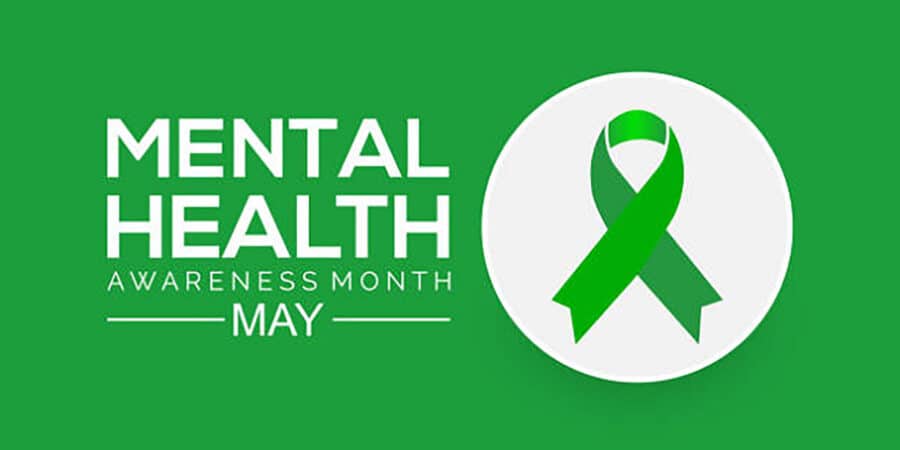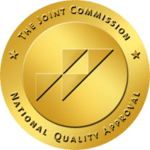
How Bad is Alcohol Withdrawal?
Alcohol withdrawal is the changes the body goes through when a person suddenly stops drinking after prolonged and heavy alcohol use. Alcohol withdrawal is the only withdrawal from a substance that could be potentially fatal, and as such, should be done safely under the care and supervision of medical professionals.
Alcohol Withdrawal Severity Determining Factors
Alcohol withdrawal can be different for each individual who experiences it. However, there are many factors that go into determining how severe the symptoms of alcohol may be.
- Length of addiction. The longer a person has been addicted to alcohol, the more difficult it may be for their body to adjust to sobriety.
- The severity of the addiction. A higher concentration of alcohol consumed can present more dangers to the body than an individual who drinks smaller amounts.
- Underlying mental health conditions. If an individual has an underlying mental health condition such as anxiety, depression, or PTSD, their psychological symptoms will be much worse than someone experiencing alcohol withdrawal who does not have an underlying mental health condition.
- Age. Generally, a young individual may be able to more quickly recover from alcohol withdrawal than an older adult.
- Support. Support is crucial during the detox and recovery process. An individual who attempts to detox from alcohol alone with no support will experience worse symptoms than someone who takes advantage of medicated-assisted detox with the support of medical professionals and clinicians.
Alcohol Withdrawal Timeline
Alcohol withdrawal begins the moment a person takes their last sip of alcohol. Symptoms come in waves and vary in length and intensity for each person, but will generally subside within a few days. Some individuals may experience Post-Acute Withdrawal Syndrome (PAWS) for a few months up to a few years.
First 12 Hours
Within the first 12 hours of the last drink, an individual will begin to feel withdrawal symptoms, such as:
- Anxiety
- Agitation
- Headaches
- Insomnia
- Shaking
- Nausea
- Vomiting
- Intense cravings
First 24 Hours
This is when most withdrawal symptoms are peaking. Alcohol withdrawal is at its most uncomfortable and this is when relapse is most likely. As such, withdrawal should be experienced under medical care and supervision.
- Disorientation
- Hand tremors
- Rapid heartbeat
- Heart palpitations
- Sweating
- Fever
- Seizures
First 48 Hours
After the first 24 hours, withdrawal symptoms may subside slightly but many dangerous symptoms could still occur, such as:
- High blood pressure
- Hallucinations
- High fever
- Insomnia
- Sweating
- Seizures
- Delirium tremens
Ongoing
Once the initial alcohol withdrawal symptoms are over, an individual may still experience Post-Acute Withdrawal Syndrome (PAWS) for a few weeks to a few years, depending on the length and severity of the addiction. In fact, PAWS symptoms peak around four to eight weeks after quitting, which commonly causes individuals to relapse after treatment. This is why ongoing aftercare is so important for alcohol use disorder.
- Anxiety
- Delayed reflexes
- Dizziness
- Insomnia
- Intense cravings
- Irritability
- Memory problems
- Mood swings
- Nausea
- Sluggish feeling
Delirium Tremens
Delirium tremens is a severe form of alcohol withdrawal. It involves sudden and severe mental or nervous system changes. Symptoms include shaking, shivering, irregular heart rate, and sweating. Individuals also commonly hallucinate, seeing and hearing things that others do not. Most importantly, very high body temperature or seizures may result in death. Delirium tremens can lead to death in up to 4% of the people who experience it.
Medicated-Assisted Detox
The safest and most comfortable way to detox from alcohol is by medicated-assisted detox. Not only does it help minimize the uncomfortable withdrawal symptoms, but it is also potentially life-saving.
Medications used in treating alcohol withdrawal include:
- Benzodiazepines for anxiety related to alcohol withdrawal
- Various medications to aid with sleep problems
- Disulfiram to cause extremely unpleasant effects when alcohol is consumed, as to act as a buffer and additional psychological aid to prevent relapse
- Naltrexone to help control cravings and the intense urge to drink
- Acamprosate to help with the uncomfortable withdrawal symptoms by restoring a balance in the central nervous system
In addition to the medication offered in medicated-assisted detox, individuals at Channel Islands Rehab will also receive around-the-clock care by specially trained medical staff in the area of addiction. They work specifically to make your detox process as comfortable and safe as possible, ensuring minimal, if not nonexistent, withdrawal symptoms. This attention to making our patients comfortable is important at Channel Islands Rehab so that our patients can more clearly and comfortably focus on therapy, yielding the best long-term recovery results.
About Channel Islands Rehab
Alcohol withdrawal is extremely uncomfortable, dangerous, and potentially fatal. Going through alcohol withdrawal alone is virtually impossible for someone with severe alcohol use disorder. If you or someone you love is ready to live a life free of alcohol, give our admissions counselors a call. It is time to safely and comfortably detox from alcohol and starts right on the road to recovery.
The Channel Island Rehab Total Immersion Method is not an out-of-the-box approach to addiction treatment, like many other rehabs. It is unique in that it involves specifically around you and your individual, unique needs. No two people’s journeys are the same at Channel Islands Rehab, allowing for the best chances for long-term success.
Complementing these vital treatments and therapies is our powerful, unwavering ring of support. Through these collaborative efforts, we help you to uncover the underlying issues of your addiction. Our ultimate goal is for you to leave the facility strong and confident, with a practical plan for lasting recovery.
At Channel Islands Rehab Treatment Center, we work to make your residential stay pleasant and stress-free. Our beautiful, calming home, located only one-half block from the ocean, gives you an opportunity to relax and reassess your direction in life. The facility overlooks the harbor, providing the most appealing of settings for reconnecting with yourself.
For more information, visit channelislandsrehab.com








